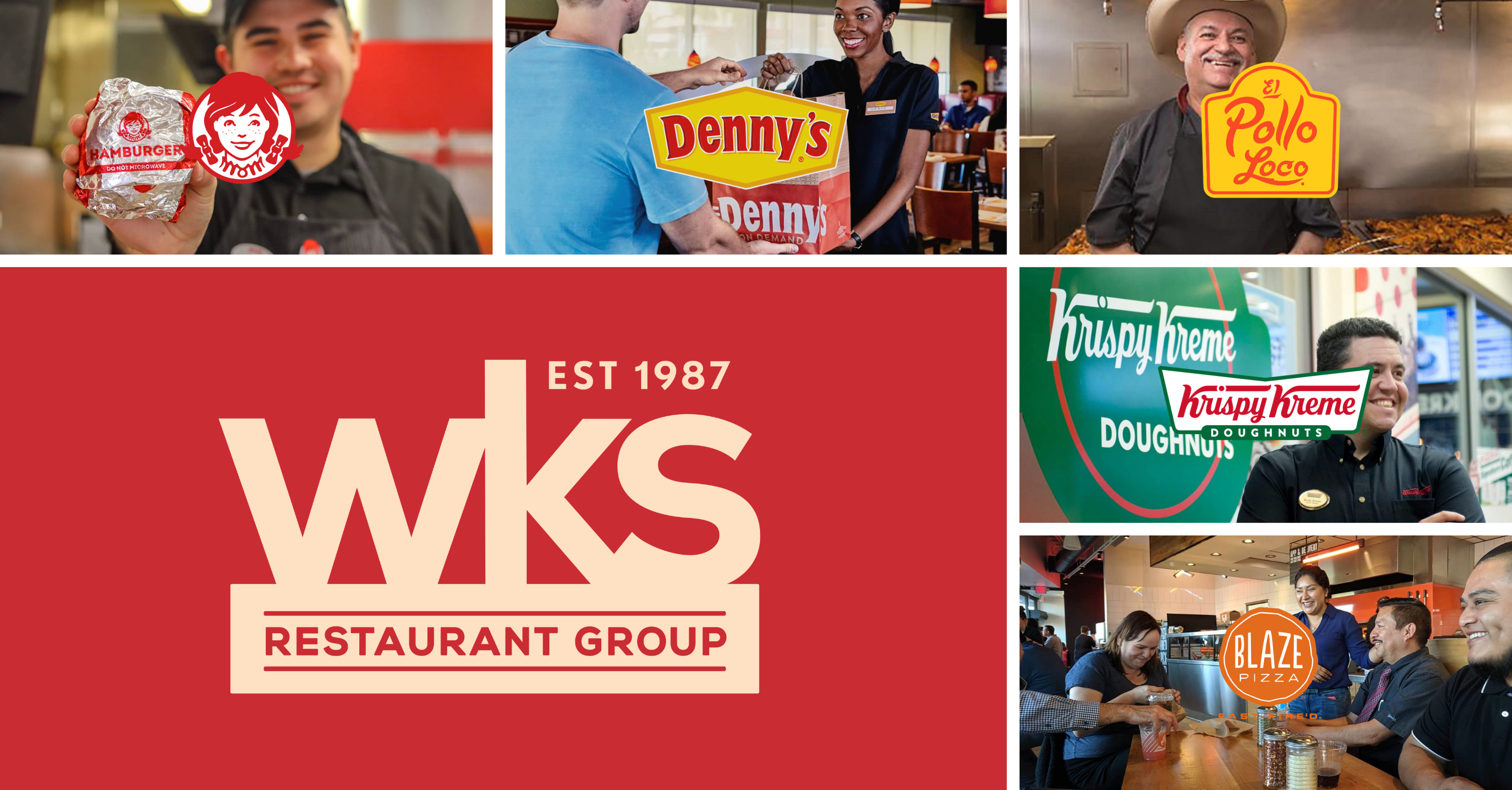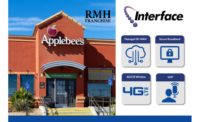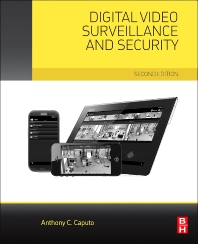Restaurant franchise WKS Restaurant Group (WKS) is one of the nation’s fastest growing franchises with a portfolio of six leading restaurant brands — Denny’s, Wendy’s, El Pollo Loco, Blaze Pizza, Corner Bakery, and Krispy Kreme Doughnuts. The company’s acquisition-fueled expansion across several markets had opened up a variety of security challenges.
“Every time we acquired a restaurant, we were saddled with yet another alarm product that needed to be maintained,” said Christopher Magana, WKS senior asset protection and safety manager. “We realized that vendor consolidation was the only way forward.”
WKS chose Interface Security Systems, a managed service provider delivering business security, managed network, UCaaS, and business intelligence solutions to distributed enterprises, to upgrade and standardize alarm systems across its more than 380 U.S. restaurants.
Interface rolled out a fully managed video verified alarm solution for WKS. Security camera footage associated with every alarm event at any of the restaurants protected by Interface is validated by trained intervention specialists before calling in help. This approach not only eliminates false alarm costs and penalties imposed by law enforcement or municipal authorities, but also guarantees store employees are called in to investigate only valid security breaches.
Before Interface, WKS was incurring about $165,000 worth of false alarm costs and additional penalties levied by local law enforcement agencies to lift a non-response ban that’s usually imposed when law enforcement must respond to a false alarm.
“The problem of false alarms was literally keeping us awake in more than one way,” Magana said. “On one hand, we were losing money as a result of false alarm costs that impacted our bottom line and on the other hand, employees were woken up at odd times only to discover that the entire effort was a waste.”
With every restaurant acquisition, WKS inherited a legacy alarm vendor that added to a complicated mix of alarm services and hardware, ruling out any possibility of implementing a single solution. The problem WKS had could be classified into two broad categories:
• Vendor management issues — Increased burden of managing a multitude of alarm vendors and maintaining the diverse array of alarm solutions with different sets of capabilities.
• Security management issues — Lack of consistent processes and communication systems to handle security events across locations created significant overhead for the corporate asset protection teams.
WKS chose to consolidate alarm management with a single vendor capable of not only integrating the alarm devices and remote monitoring with the existing video systems, but also offer a solution to plug false alarm costs.
“We decided to work with Interface as they came highly recommended from well-respected restaurant brand owners and they had a demonstrated track record of working with multi-brand franchisees like WKS. They knew our world and had solutions to the problems we wanted to tackle,” Magana said.
Interface piloted the video verified alarm solution at a few WKS restaurants across six different brands. When the alarms were triggered, operators at Interface’s command and control centers could verify the alarm via the video stream before calling law enforcement or escalating the issue to designated WKS staff.
The successful pilot run resulted in a company-wide mandate to outfit every newly acquired restaurant location with Interface’s managed alarm solution.
Even when the COVID-19 pandemic was raging, WKS and Interface continued the rollout as the solution exceeded the ROI goals across all the locations.
With Interface’s managed alarm services, WKS gained a lot more than reducing false alarm costs, including:
• Standard protocols — With a single, state-of-the-art alarm solution, WKS was able to roll out a consistent process for managing security events. The escalation call tree was standardized across locations, and WKS employees knew they were only being called because there was a legitimate security threat at a location.
• Easier vendor management — Interface delivered a fully managed service that included design, installation, and maintenance of the alarm system and devices at all locations in addition to video verification.
• Simplicity and convenience — In addition to monitoring the health of the alarm devices and alarm communicator unit, Interface keeps a tab on alarm management protocols at every restaurant location. If an employee fails to arm the alarm at any location, they are alerted and have the option of arming or disarming the alarm at their location from a virtual keypad accessed via any smartphone, tablet, or computer.
• Consistent communication and better productivity — With a standardized solution, protocols, and SLAs in place, WKS was able to easily train and onboard all employees on the alarm systems with a single, consistent message. Employees reassigned to new locations or brands did not have to waste time learning about new alarm protocols and alarm solutions, thereby improving productivity.
The asset protection team at WKS is on a mission to standardize security operations and roll out next-generation solutions to tackle the emerging changes in the restaurant industry landscape.
“At WKS, we regularly come across seemingly insurmountable security challenges,” Magana said. “With Interface, we have a partner who can think one step ahead of us and show us the right way to tackle these challenges. Interface has demonstrated its ability to maximize the ROI from all the security infrastructure inherited when new restaurants come under the WKS fold.”






